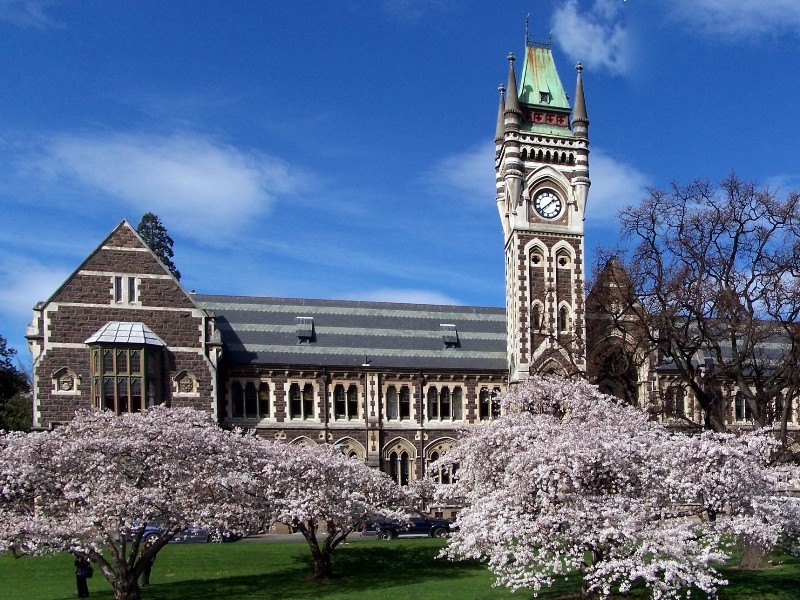The Read more [...]
Science and Natural History Filmmaking
Course Category: Master and Master of Arts
-
Focus of Study
The world’s premier course in Science and Natural History Filmmaking. Taught in association with NHNZ, the world’s second-largest producer of factual films.
During this unique two-year course you’ll do the following:
- Produce a commercial length film.
- Get to experience the workings and folks at NHNZ, an institution specializing in factual filmmaking.
- Learn how to craft stories – the key skill for effective communication and filmmaking.
- Develop critiquing abilities so as to understand from the audience’s perspective what works and what does not.
- Learn camera and editing techniques.
- Develop an understanding of the elements of design that make communication engaging.
- AND earn your degree Master of Science Communication (MSciComm) endorsed in Science and Natural History Filmmaking.
That’s it in a nutshell really: become part of the science and natural history filmmaking course that has produced more award-winning filmmakers and films than all the others combined. Get taught by the best in the business and do it in a place that really rocks for wildlife (in both senses of the word). Honestly, it doesn’t get better than this.
Course Description
The University of Otago’s MSciComm in Science and Natural History Filmmaking is a two-year full-time programme taught in collaboration with NHNZ. The course is restricted to 12 students each year.
First Year of the Programme
The first year of the programme consists of five papers. But it’s not like you’re stuck in a classroom memorizing formulas or learning to take an Arriflex camera apart with your teeth – there’s plenty of hands-on practical work. Our philosophy when it comes to communication is that we all have to walk the talk. Yep, we cover the theory, but we go one step further than where academia usually stops: we make you produce, and in particular, we help you to produce better.
The required papers in the first year for both the MSciComm and MAppSc in Science and Natural History Filmmaking are:
- SCOM 402 The craft of storytelling
- SCOM 413 Digital Production for Communicating Science
- SCOM 409 Introduction to Science Communication
- SCOM 405 Science and Natural History Film
- SCOM 411 The Techniques of Natural History and Science Filmmaking I
- SCOM 412 The Techniques of Natural History and Science Filmmaking II
Second Year of the Programme
This is where the real fun begins! You get to make your own documentary on science, wildlife or natural history. The film will constitute a part of your thesis, which includes a written academic component as well.
Those doing the full MSciComm degree will also write a thesis, marking you as truly a master of filmmaking and communication.
The world is literally your oyster as we encourage you to enter brave new worlds of filmmaking.

